Innovative Applications of Artificial Intelligence in Modern Healthcare
Artificial intelligence (AI) is revolutionizing healthcare diagnostics, offering unparalleled opportunities to improve accuracy, efficiency, and patient outcomes. This state-of-the-art technology is rapidly gaining momentum, driven by advances in computing power, data accessibility, and sophisticated algorithms. As the medical field adopts AI, a significant shift is occurring, transforming the detection, diagnosis, and treatment of diseases.
The Impact of AI on Healthcare
Innovative applications of artificial intelligence in modern healthcare are seen across various domains, from radiology to personalized medicine. For instance, AI algorithms can analyze medical images with remarkable precision, identifying abnormalities that might be missed by the human eye. This not only accelerates the diagnostic process but also increases its accuracy, leading to better patient care. Additionally, AI-driven predictive analytics can forecast disease outbreaks and patient deterioration, enabling healthcare providers to intervene proactively.
By integrating AI into electronic health records (EHRs), healthcare professionals can gain deeper insights into patient histories, leading to more informed decision-making. Furthermore, AI-powered virtual assistants and chatbots are improving patient engagement and providing timely support, making healthcare more accessible and efficient.
In conclusion, the innovative applications of artificial intelligence in modern healthcare are fostering a new era of medical practice, where technology and human expertise work hand-in-hand to deliver superior health outcomes.
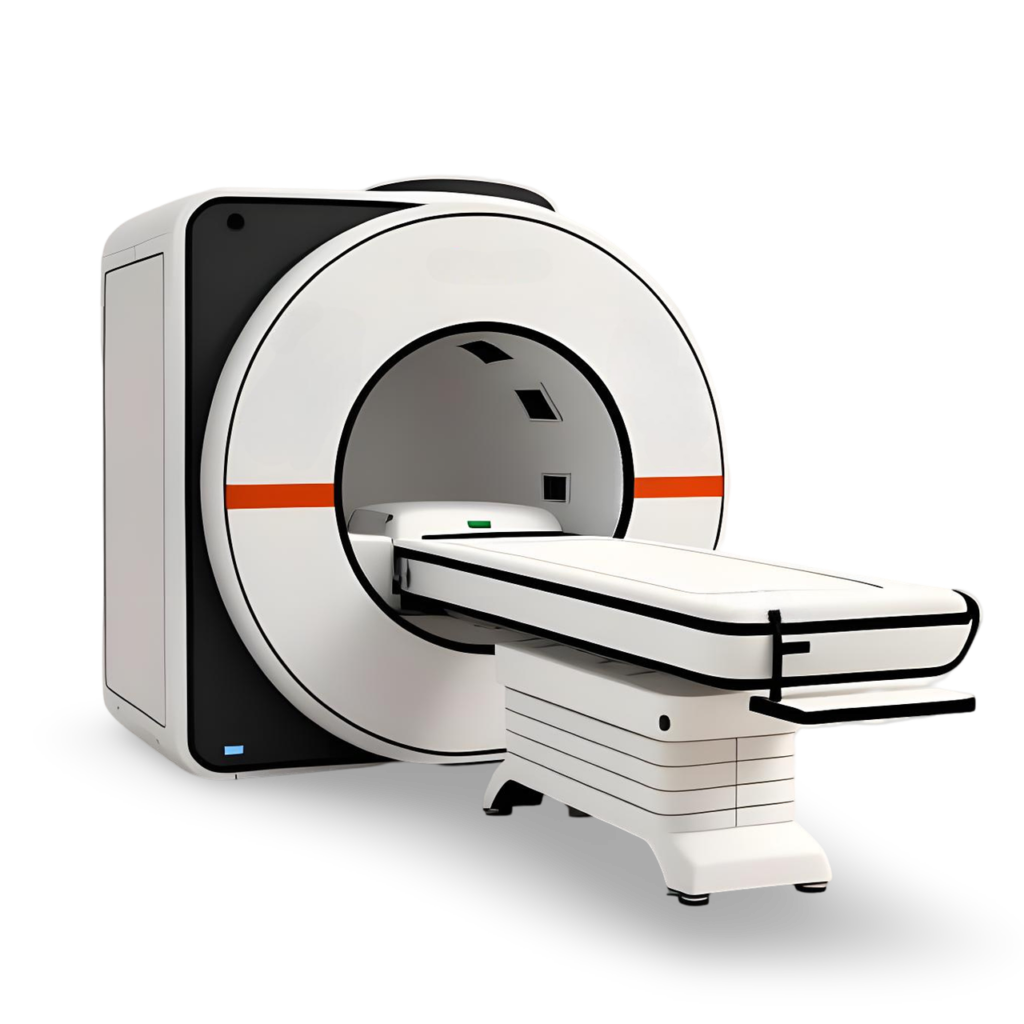
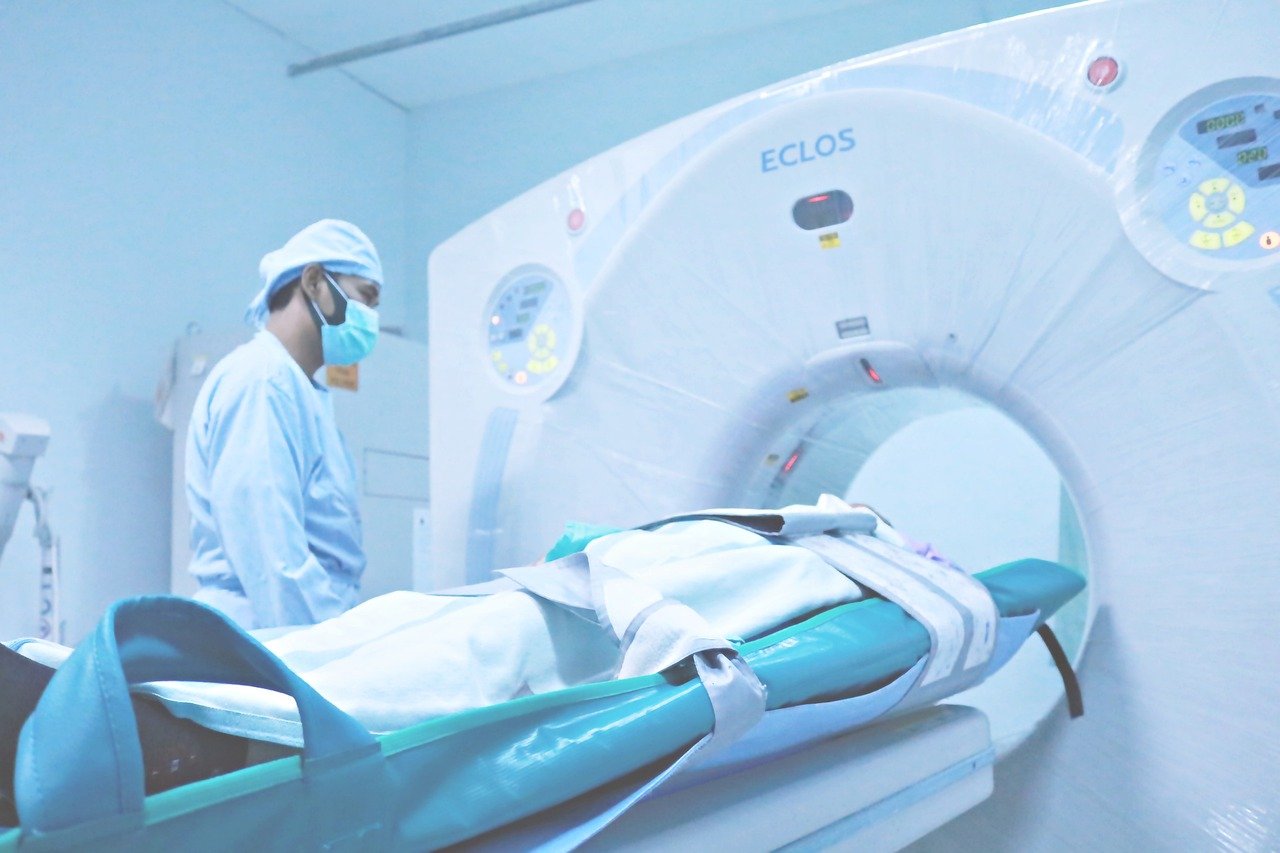
The Advent of Artificial Intelligence in Healthcare Diagnostics
The incorporation of AI in medical diagnostics has proven to be a game-changer, tackling the persistent issues related to human error, delays in diagnosis, and limited resources. Through the utilization of machine learning (ML) and deep learning algorithms, AI systems can analyze extensive medical data, such as images, patient records, and laboratory findings, to detect complex patterns and abnormalities that might be overlooked by human professionals.
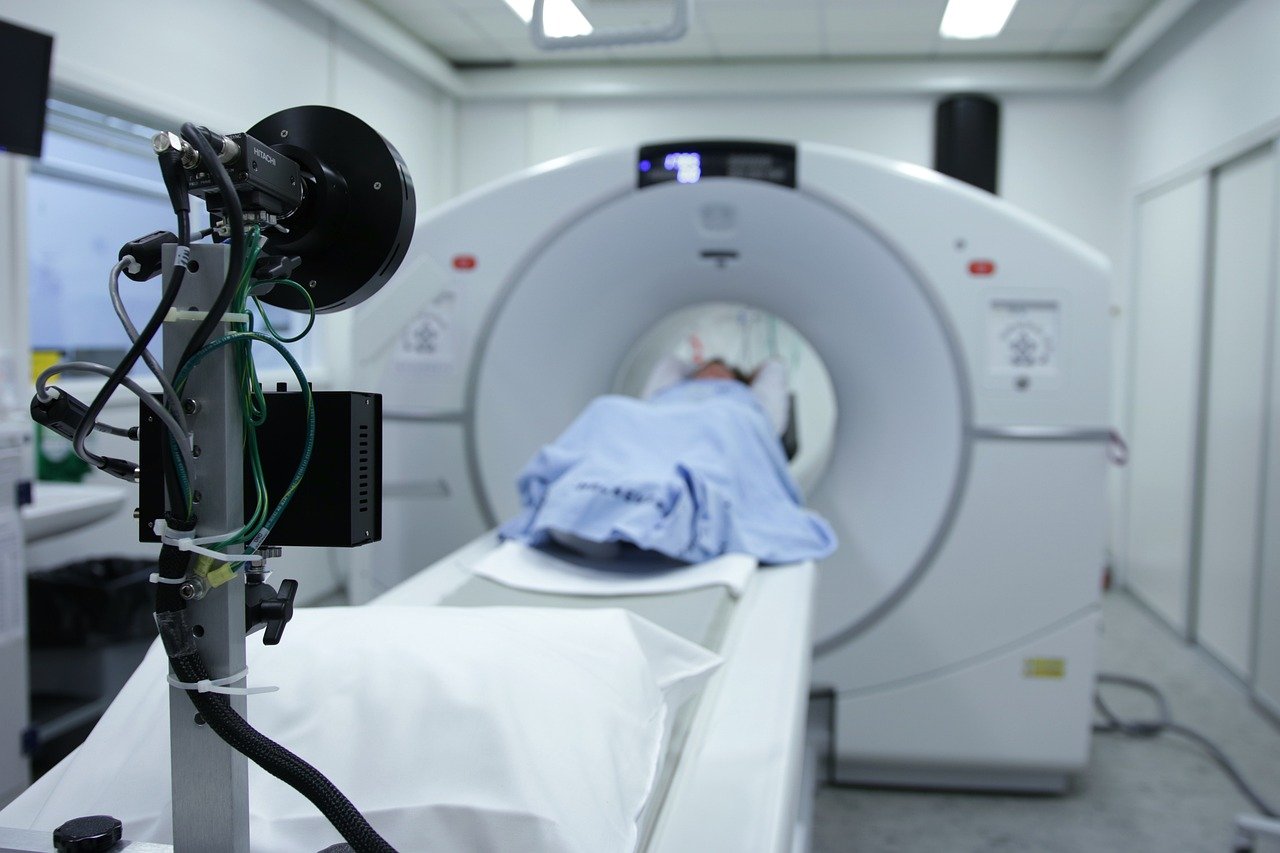
Augmenting Radiological Interpretation
Innovative Applications of Artificial Intelligence in Modern Healthcare Artificial Intelligence (AI) has revolutionized the field of healthcare diagnostics, particularly in the domain of radiology. The utilization of AI algorithms has proven to be highly effective in the analysis of medical images, including X-rays, CT scans, and MRI’s. By leveraging the power of AI, these algorithms possess an exceptional ability to identify abnormalities and assist radiologists in making accurate diagnoses. This groundbreaking technology enables AI systems to detect even the minutest details and patterns that may go unnoticed by human observers. Consequently, conditions such as cancer, fractures, and vascular irregularities can be identified at an earlier stage, leading to more timely and effective treatment interventions.
AI-Assisted Cancer Detection
AI has proven to be a valuable ally in the battle against cancer, utilizing its capacity to analyze medical images and detect suspicious lesions or tumors. Through the utilization of deep learning techniques, AI algorithms can effectively classify and describe cancerous cells, facilitating early intervention and enhancing treatment results. This technology has demonstrated encouraging outcomes in the detection of different types of cancer, such as breast, lung, and skin cancer.
Streamlining Radiology Workflows
Beyond improving diagnostic accuracy, AI is transforming radiology workflows by automating time-consuming tasks and easing the workload on radiologists. AI systems can prioritize urgent cases, identify potential abnormalities, and offer decision support, enabling radiologists to concentrate their expertise on intricate cases and dedicate more time to patient interaction.
Innovative Applications of Artificial Intelligence in Modern Healthcare Artificial Intelligence (AI) has revolutionized the healthcare industry, offering innovative solutions to improve patient care, diagnosis, and treatment. AI-powered technologies are being used to analyze vast amounts of medical data, enabling healthcare professionals to make more accurate and timely decisions. Machine learning algorithms can detect patterns and predict outcomes, assisting in early disease detection and personalized treatment plans. AI is also being utilized in robotic surgery, virtual nursing assistants, and drug discovery, transforming the way healthcare is delivered. The potential of AI in modern healthcare is immense, promising improved efficiency, cost-effectiveness, and patient outcomes.
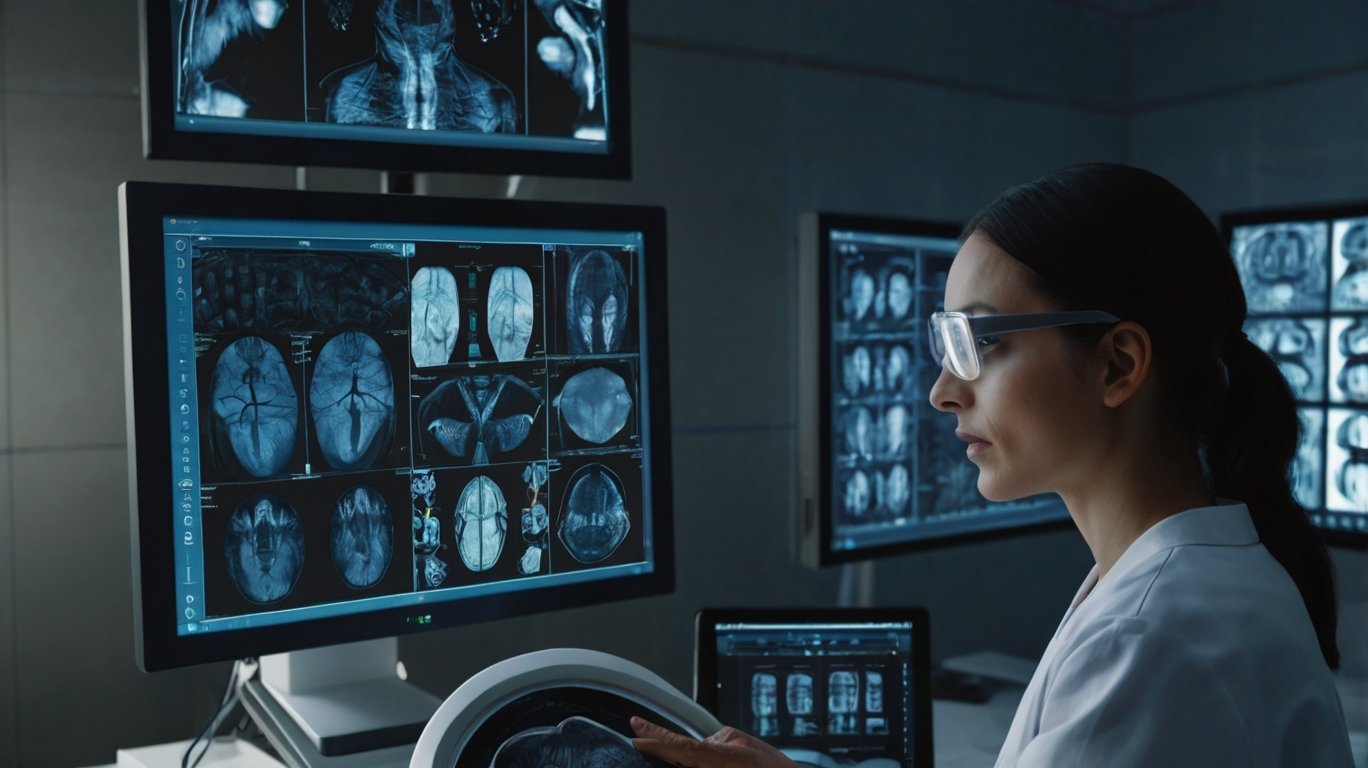
Pathology and AI A Strong Partnership
In the field of pathology, AI is proving to be a crucial asset in analyzing tissue samples and detecting disease markers. By training AI models on extensive datasets of pathological images, these systems can accurately identify cancerous cells, differentiate between benign and malignant tumors, and offer valuable insights into disease progression and prognosis.
Enhancing Diagnostic Accuracy
AI algorithms have demonstrated remarkable accuracy in diagnosing various pathological conditions, often outperforming human experts in specific tasks. For instance, AI systems can analyze large volumes of data, such as gene expression profiles and whole-blood analyses, to identify patterns and bio-markers that may be indicative of diseases like leukemia or rheumatoid arthritis.
Accelerating Drug Discovery
The integration of AI in pathology extends beyond diagnostics, as it plays a pivotal role in drug discovery and personalized medicine. AI-driven platforms can analyze genomic information and chemical compounds, accelerating the identification of potential drug candidates and their efficacy in treating specific patient populations. This innovation holds the promise of revolutionizing pharmaceutical research and development, making it more efficient and cost-effective.

Cardiology and AI Predicting Heart Disease
In the field of cardiology, AI is making significant strides in predicting and diagnosing cardiovascular diseases, which remain a leading cause of mortality worldwide. By analyzing medical imaging data, patient records, and vital signs, AI algorithms can identify risk factors, detect early signs of heart disease, and provide valuable insights to cardiologists, enabling timely interventions and personalized treatment plans.
AI-Powered Risk Assessment
AI-driven risk assessment tools have the potential to revolutionize cardiovascular care by analyzing a patient’s medical history, genetic information, and lifestyle factors to predict their risk of developing heart disease. This proactive approach allows healthcare providers to implement preventive measures and targeted interventions, potentially saving countless lives.
Enhancing Diagnostic Accuracy
AI algorithms have demonstrated exceptional accuracy in diagnosing various cardiovascular conditions, such as coronary artery disease, heart failure, and arrhythmia. By analyzing electrocardiogram (ECG) data, medical images, and other relevant data, AI systems can identify subtle patterns and anomalies that may be challenging for human experts to detect, leading to more accurate and timely diagnoses.

Dermatology and AI Revolutionizing Skin Disease Detection
Innovative Applications of Artificial Intelligence in Modern Healthcare Artificial Intelligence (AI) has revolutionized numerous sectors, and one of the most impactful areas is modern healthcare. The integration of AI in healthcare is not just a trend but a transformative shift that is enhancing patient care, improving diagnostic accuracy, and streamlining administrative processes.
Applications in Diagnostics
One of the most significant innovative applications of artificial intelligence in modern healthcare is in the realm of diagnostics. AI algorithms can analyze medical images, such as X-rays and MRIs, with remarkable precision, often detecting anomalies that might be missed by the human eye. This capability is particularly beneficial in early detection of diseases like cancer, where timely intervention can be life-saving.
Personalized Medicine
Another groundbreaking application is in personalized medicine. AI can analyze a patient’s genetic information alongside their medical history to recommend tailored treatment plans. This approach not only improves the efficacy of treatments but also reduces the risk of adverse reactions, thereby optimizing patient outcomes.
Administrative Efficiency
Artificial intelligence is also transforming the administrative side of healthcare. Innovative applications of artificial intelligence in modern healthcare extend to automating routine tasks such as appointment scheduling, billing, and maintaining patient records. This allows healthcare professionals to focus more on patient care rather than administrative duties, thus improving the overall efficiency of healthcare services.
Remote Patient Monitoring
The use of AI in remote patient monitoring is another innovative application that is gaining traction. Wearable devices equipped with AI can continuously monitor vital signs and alert healthcare providers in real-time if any anomalies are detected. This proactive approach enables timely interventions, especially for patients with chronic conditions.
Democratizing Dermatological Care
AI-powered dermatological diagnostic tools have the potential to democratize access to specialized care, particularly in remote or underserved areas where dermatologists may be scarce. With the ability to analyze images captured by smartphones or telemedicine platforms, AI can facilitate early detection and timely intervention, improving patient outcomes and reducing the burden on healthcare systems.
Enhancing Diagnostic Accuracy
AI algorithms trained on vast datasets of dermatological images have demonstrated remarkable accuracy in diagnosing a wide range of skin conditions, including melanoma, eczema, and psoriasis. By leveraging AI’s ability to detect subtle patterns and visual cues, dermatologists can make more informed decisions, leading to improved patient outcomes and reduced diagnostic errors.
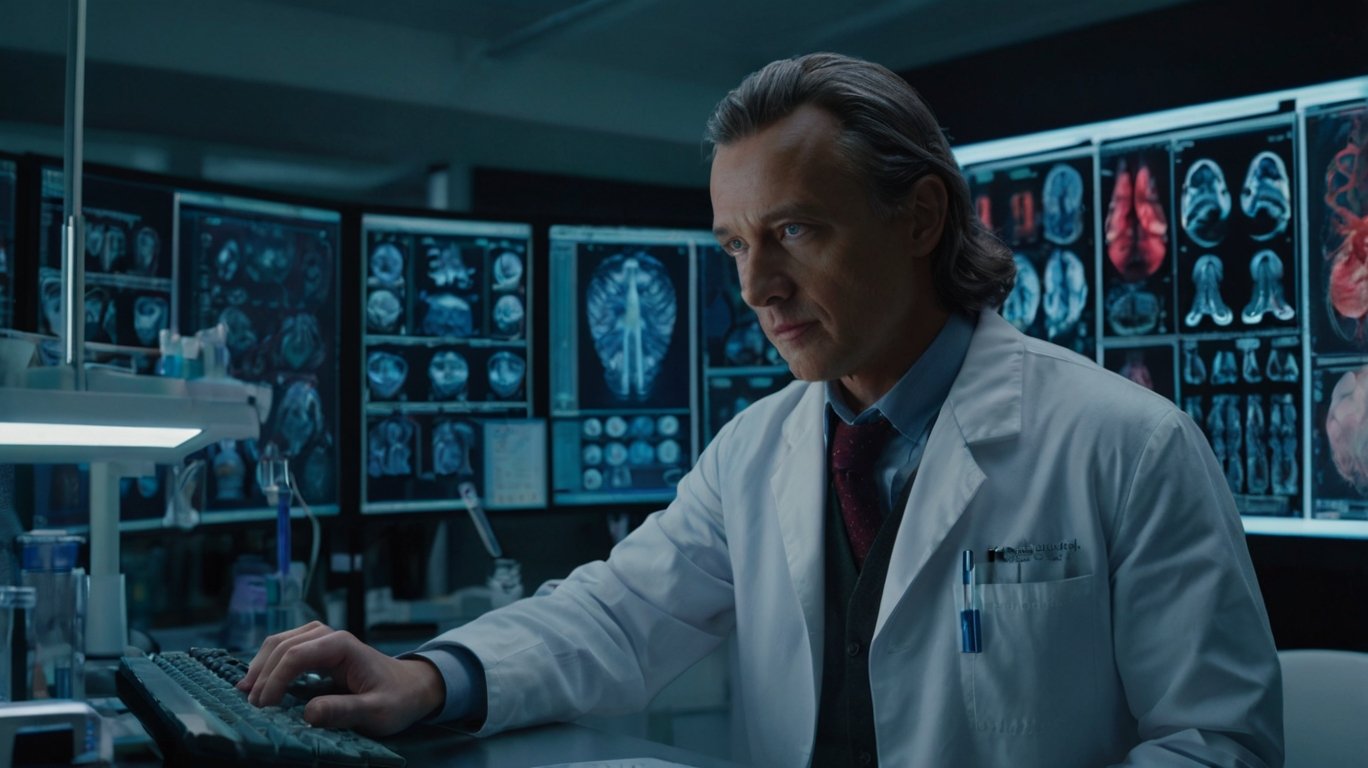
AI and Ophthalmology Preserving Vision
The field of ophthalmology has also embraced AI as a powerful tool for detecting and diagnosing eye diseases. AI algorithms can analyze retinal images and other ophthalmic data to identify conditions like diabetic retinopathy, glaucoma, and age-related macular degeneration, which are leading causes of vision loss worldwide.
Early Detection and Intervention
AI-powered diagnostic tools in ophthalmology can facilitate early detection and intervention, enabling timely treatment and potentially preventing vision loss. By analyzing retinal images and identifying subtle changes or abnormalities, AI algorithms can alert healthcare providers to potential eye diseases, allowing for prompt medical attention and improved patient outcomes.
Increasing Access to Ophthalmic Care
In many regions around the world, access to specialized ophthalmic care is limited due to a shortage of trained professionals and resources. AI-based diagnostic tools can help bridge this gap by enabling remote screening and triage, ensuring that patients receive timely and appropriate care, regardless of their geographical location.

AI and Neurology Unraveling Brain Disorders
The complex nature of neurological disorders presents significant challenges in diagnosis and treatment. However, AI is emerging as a powerful ally in this field, offering new insights and tools for understanding and managing conditions like Alzheimer’s disease, Parkinson’s disease, and multiple sclerosis.
Analyzing Brain Imaging Data
AI algorithms can analyze vast amounts of brain imaging data, such as MRI scans and functional MRI (fMRI) data, to identify patterns and biomarkers associated with neurological disorders. By detecting subtle changes in brain structure and function, AI can aid in early diagnosis, monitoring disease progression, and evaluating treatment efficacy.
Personalized Treatment Plans
AI’s ability to analyze complex datasets, including genetic information, medical histories, and neuroimaging data, can contribute to the development of personalized treatment plans for neurological disorders. By identifying individual patient characteristics and predicting treatment responses, AI can guide healthcare providers in selecting the most appropriate and effective interventions.
AI and Genomics Unlocking the Secrets of Precision Medicine
The integration of AI and genomics is paving the way for precision medicine, a revolutionary approach that tailors treatments to individual patients based on their unique genetic makeup. By analyzing vast amounts of genomic data, AI algorithms can identify patterns, biomarkers, and genetic variations associated with specific diseases, enabling more accurate diagnoses and personalized treatment strategies.
Accelerating Genetic Analysis
The sheer volume of genomic data generated in modern medicine presents a significant challenge for human experts. AI algorithms can rapidly analyze and interpret this data, identifying genetic variations, mutations, and other factors that may contribute to disease development or influence treatment responses.
Personalized Disease Risk Assessment
AI-powered genomic analysis can provide valuable insights into an individual’s risk of developing certain diseases, enabling proactive preventive measures and early interventions. By combining genomic data with other relevant medical information, AI algorithms can create personalized risk profiles, empowering patients and healthcare providers to make informed decisions about disease management and lifestyle modifications.
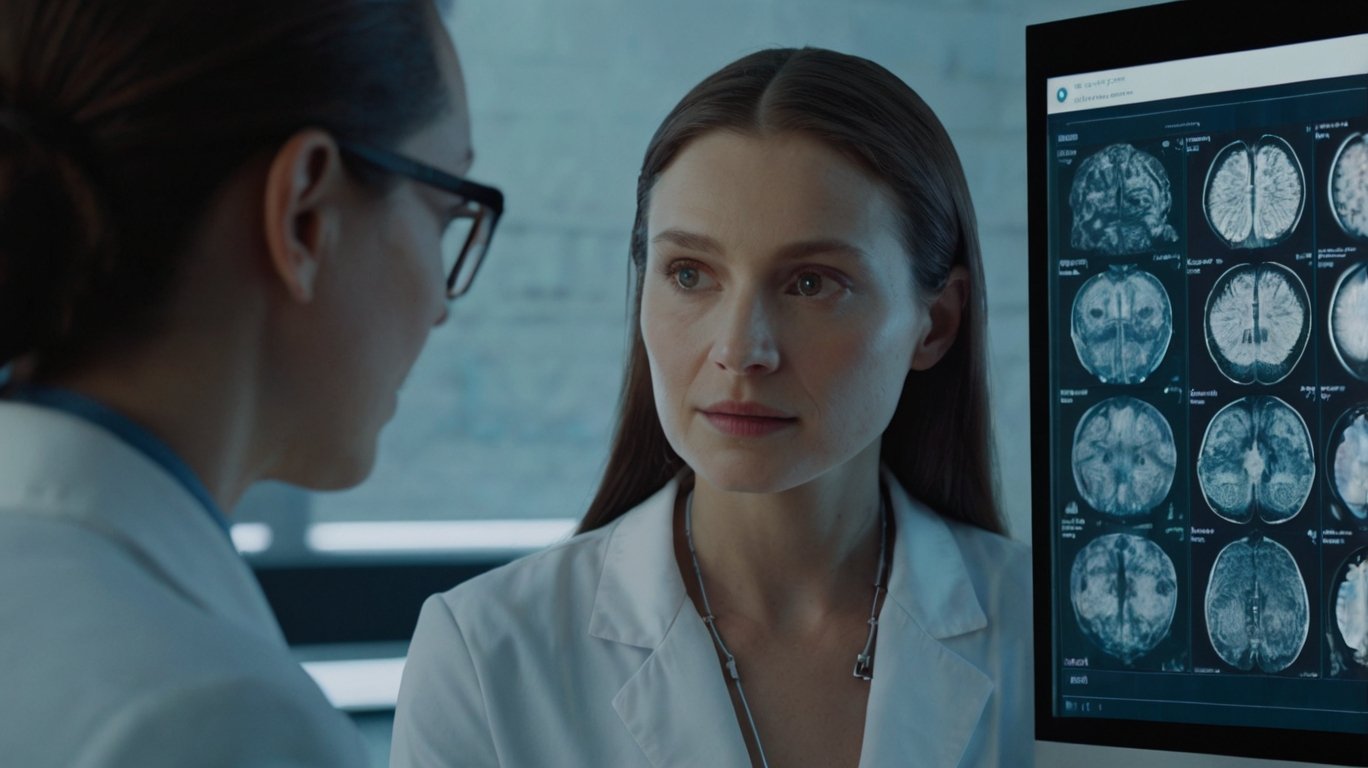
AI and Wearable Technology Continuous Monitoring and Early Detection
Innovative Applications of Artificial Intelligence in Modern Healthcare Artificial Intelligence (AI) has revolutionized various industries, and healthcare is no exception. The innovative applications of AI in modern healthcare have brought about significant advancements, improving patient care, diagnosis, and treatment outcomes. AI-powered technologies, such as machine learning algorithms and natural language processing, enable healthcare professionals to analyze vast amounts of medical data quickly and accurately. This data-driven approach enhances decision-making processes, leading to more personalized and effective treatments. Additionally, AI assists in early disease detection, predicting patient outcomes, and optimizing hospital operations. With AI’s potential, the future of healthcare looks promising, with improved efficiency, accuracy, and patient outcomes.
Real-Time Health Monitoring
AI-powered wearable devices can continuously monitor an individual’s health status, providing real-time insights and alerts about potential abnormalities or deviations from established norms. This proactive approach can enable early intervention and prompt medical attention, potentially preventing serious health complications or hospitalizations.
Personalized Health Coaching
By combining biometric data with AI algorithms, wearable devices can offer personalized health coaching and recommendations tailored to an individual’s unique needs and goals. AI can analyze patterns in the data, identify areas for improvement, and provide actionable suggestions for lifestyle modifications, exercise routines, and dietary changes, promoting overall well-being and disease prevention.

AI and Electronic Health Records (EHRs) Streamlining Diagnosis and Treatment
Electronic Health Records (EHRs) have revolutionized the way medical data is stored and accessed, but the sheer volume of information can be overwhelming for healthcare providers. AI algorithms can analyze EHR data, including medical histories, laboratory results, and treatment records, to identify patterns, potential risks, and appropriate interventions.
Clinical Decision Support Systems
AI-powered Clinical Decision Support Systems (CDSSs) can provide real-time assistance and support to healthcare providers, enhancing their decision-making capabilities. By analyzing patient data and integrating the latest medical knowledge, AI algorithms can suggest potential diagnoses, recommend appropriate tests or treatments, and flag potential contraindications or drug interactions.
Personalized Treatment Plans
AI algorithms can analyze an individual’s EHR data, including medical history, genetic information, and treatment responses, to develop personalized treatment plans. By identifying patterns and predicting potential outcomes, AI can guide healthcare providers in selecting the most effective treatments, minimizing adverse effects, and improving patient outcomes.
AI and Telemedicine Bridging the Gap in Healthcare Access
Telemedicine has emerged as a powerful tool for providing healthcare services to remote or underserved areas, and AI is playing a crucial role in enhancing its capabilities. By combining AI algorithms with telemedicine platforms, healthcare providers can remotely diagnose and monitor patients, ensuring timely and accurate medical care.
Remote Diagnostic Capabilities
AI-powered telemedicine platforms can analyze medical images, patient data, and other relevant information to provide remote diagnostic capabilities. This technology can be particularly valuable in areas with limited access to specialized medical expertise, enabling timely diagnoses and appropriate interventions.
Continuous Patient Monitoring
AI algorithms can continuously monitor patients’ vital signs, symptoms, and other health data transmitted through telemedicine platforms. This real-time monitoring allows healthcare providers to detect potential issues early and adjust treatment plans accordingly, improving patient outcomes and reducing the need for in-person visits.
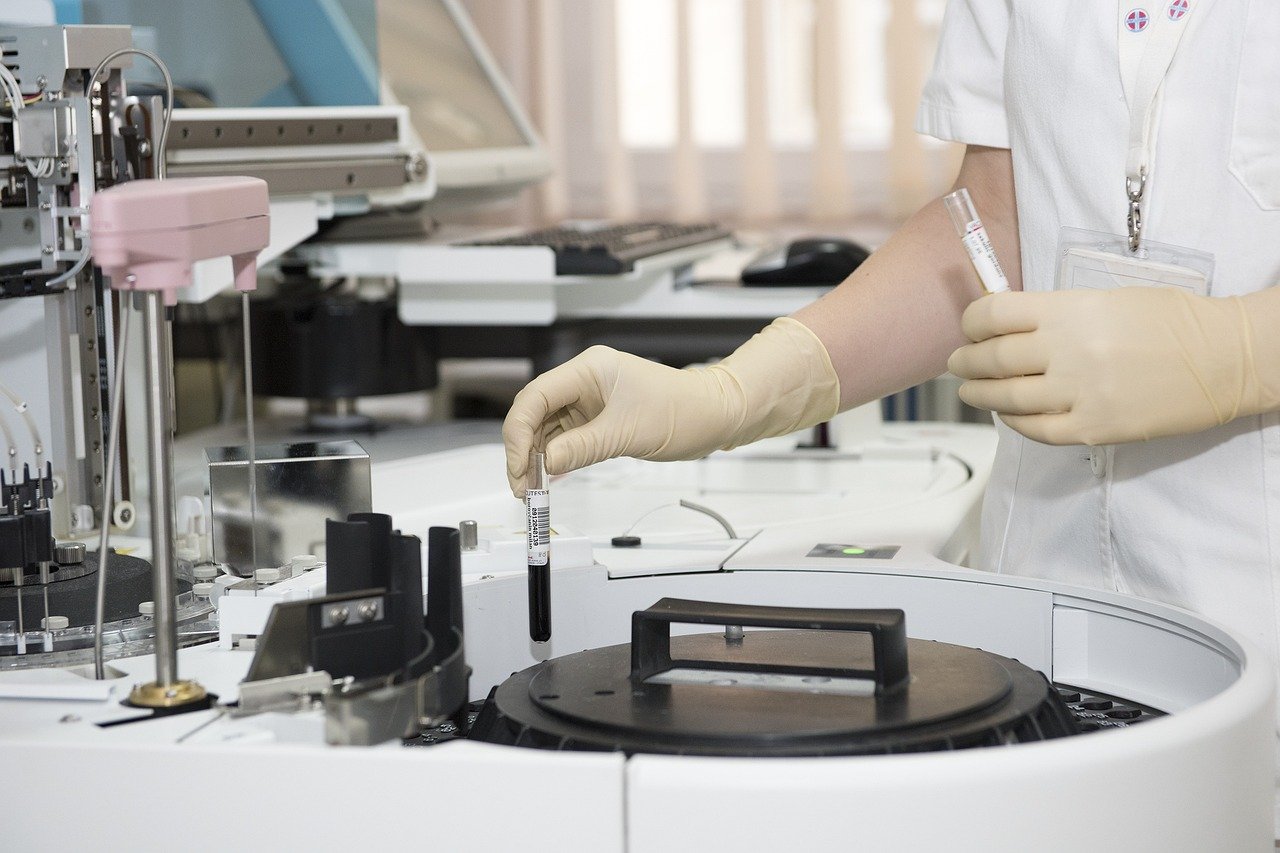
Ethical Considerations and Challenges in AI-Driven Healthcare Diagnostics
While the potential benefits of AI in healthcare diagnostics are significant, there are also important ethical considerations and challenges that must be addressed. These encompass concerns regarding data privacy, algorithmic bias, transparency, and accountability.
Data Privacy and Security
The use of AI in healthcare diagnostics relies heavily on the availability of large datasets, including sensitive patient information. Ensuring the privacy and security of this data is of utmost importance, as breaches or misuse could have severe consequences for patients. Robust data governance frameworks and strict adherence to privacy regulations are essential.
Algorithmic Bias and Fairness
AI algorithms are only as unbiased as the data they are trained on. If the training data is skewed or lacks diversity, the resulting AI models may perpetuate or amplify existing biases, leading to unfair or inaccurate diagnoses for certain patient populations. Addressing algorithmic bias and ensuring fairness in AI-driven healthcare diagnostics is a critical challenge that requires continuous monitoring and mitigation efforts.
Transparency and Explainability
Many AI algorithms, particularly those based on deep learning, can be opaque and difficult to interpret, making it challenging to understand how they arrive at specific diagnoses or recommendations. Ensuring transparency and explainability in AI-driven healthcare diagnostics is crucial for building trust among healthcare providers and patients, as well as for enabling effective oversight and accountability.
Regulatory and Legal Frameworks
The rapid development and adoption of AI in healthcare diagnostics have outpaced the existing regulatory and legal frameworks. There is a need for clear guidelines and regulations to ensure the safety, efficacy, and ethical use of AI-driven diagnostic tools. Collaboration between policymakers, healthcare professionals, and technology developers is essential to establish appropriate governance structures.
Innovative Applications of Artificial Intelligence in Modern Healthcare
The Innovative Applications of Artificial Intelligence in Modern Healthcare are transforming the way we understand, diagnose, and treat diseases. AI is playing a critical role in enhancing medical research, patient care, and healthcare administration. In this blog, we will explore some of the most groundbreaking Innovative Applications of Artificial Intelligence in Modern Healthcare.
Diagnostic Accuracy
One of the Innovative Applications of Artificial Intelligence in Modern Healthcare is improving diagnostic accuracy. AI algorithms analyze medical images and patient data to detect diseases early and with high precision. This capability is particularly vital in radiology and pathology, where early diagnosis can significantly improve patient outcomes.
Personalized Treatment Plans
Another key area where Innovative Applications of Artificial Intelligence in Modern Healthcare are making a difference is in personalized treatment plans. AI can analyze a patient’s genetic information, lifestyle, and other variables to recommend customized treatment plans. This approach ensures that patients receive the most effective therapies tailored to their unique needs.
Predictive Analytics
Predictive analytics is one of the Innovative Applications of Artificial Intelligence in Modern Healthcare that is gaining traction. By analyzing historical data and identifying patterns, AI can predict patient outcomes and potential complications. This allows healthcare providers to intervene early and improve the overall quality of care.
Robotic Surgery
Robotic surgery is among the most remarkable Innovative Applications of Artificial Intelligence in Modern Healthcare. AI-powered robots assist surgeons in performing complex procedures with greater precision and minimal invasiveness. This technology reduces recovery times and enhances surgical outcomes.
Virtual Health Assistants
Virtual health assistants represent another exciting Innovative Applications of Artificial Intelligence in Modern Healthcare. These AI-driven tools provide patients with 24/7 access to medical information and support. They can answer queries, schedule appointments, and even monitor patient vitals, making healthcare more accessible and convenient.
Drug Discovery
The Innovative Applications of Artificial Intelligence in Modern Healthcare also extend to drug discovery. AI accelerates the process by analyzing vast datasets to identify potential drug candidates. This technology reduces the time and cost associated with bringing new medications to market.
Telemedicine
Telemedicine is experiencing a revolution due to the Innovative Applications of Artificial Intelligence in Modern Healthcare. AI enhances virtual consultations by providing real-time data analysis and decision support to healthcare providers. This ensures that patients receive accurate diagnoses and effective treatments remotely.
The Future of AI in Healthcare Diagnostics A Collaborative Approach
As AI continues to evolve and its applications in healthcare diagnostics expand, it is clear that a collaborative approach involving healthcare professionals, technology developers, policymakers, and patients is crucial. By working together, stakeholders can address the challenges and ethical considerations, while leveraging the immense potential of AI to improve patient outcomes, enhance healthcare accessibility, and drive innovation in medical diagnosis and treatment.
The future of AI in healthcare diagnostics is promising, but it requires a commitment to responsible development, continuous evaluation, and a strong emphasis on patient-centered care. By embracing AI as a powerful tool while maintaining the human touch and ethical principles that underpin the medical profession, we can unlock a new era of precision diagnostics, personalized medicine, and improved global health outcomes.
